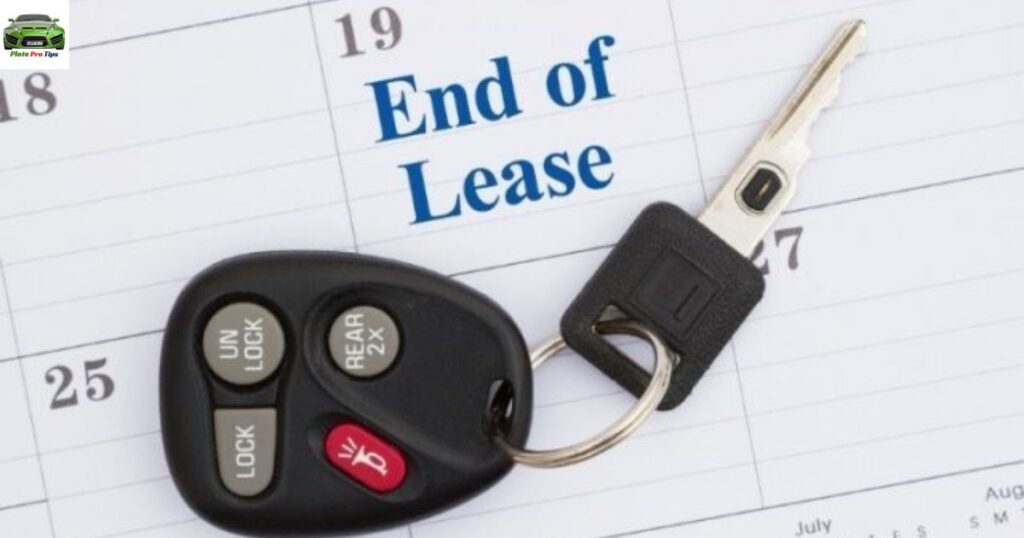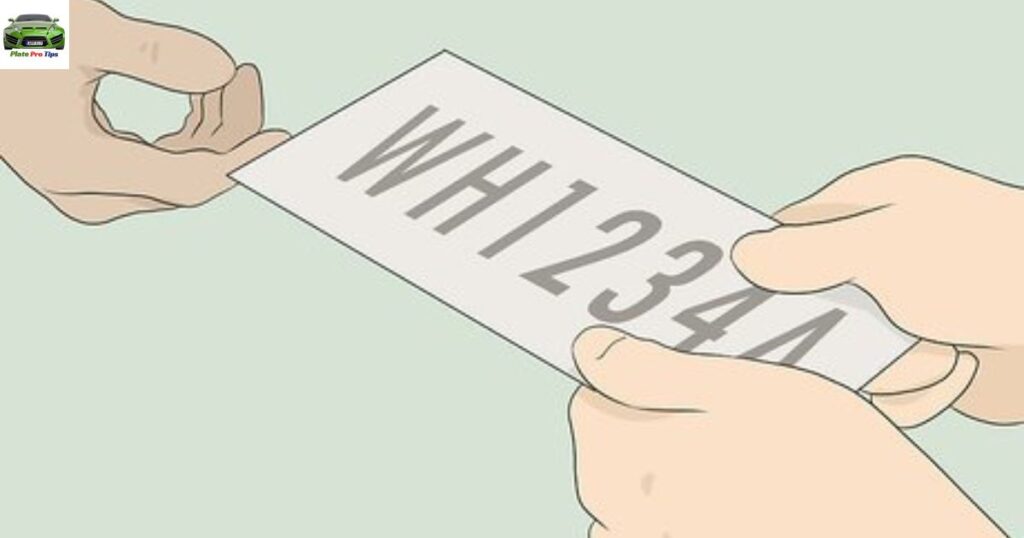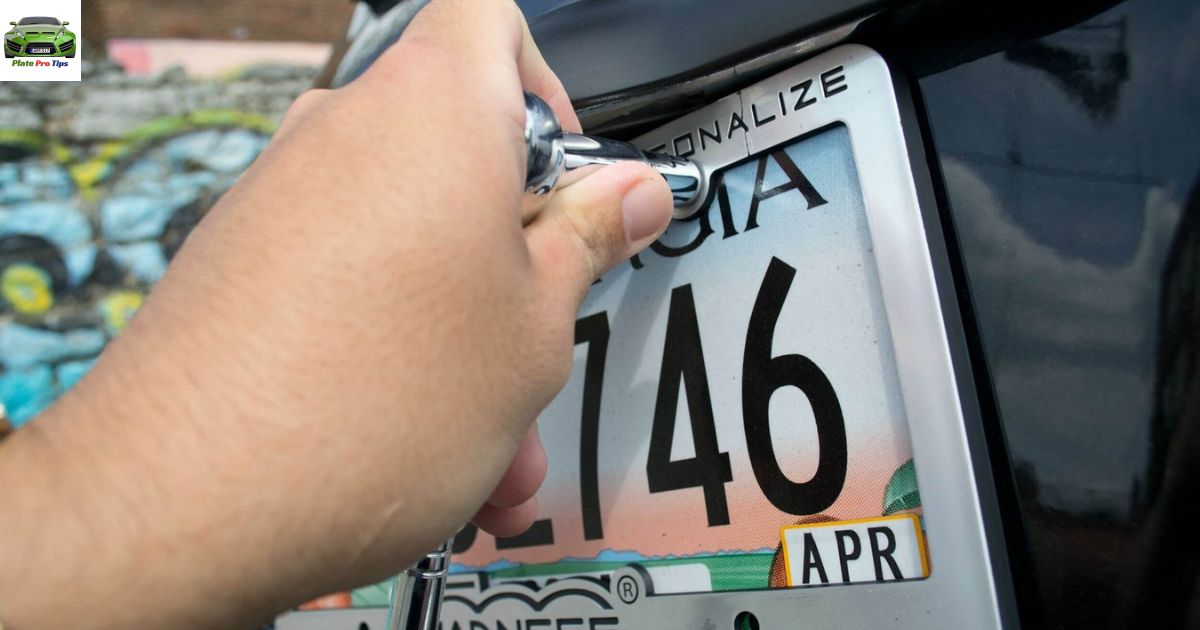When selling a car, remove your license plates. Cancel or transfer the registration to avoid future liability. The buyer should get new plates from the DMV. Ensure all paperwork reflects the plate change to protect yourself legally.
Selling your car soon. Don’t overlook a critical step—dealing with your license plates.License Plates When Selling Car? Handling license plates properly can save you from unexpected fines and legal issues. Ready to ensure a smooth sale and avoid future headaches? Here’s what to do about license plates when selling a car.
When selling a car, you need to remove your license plates and either transfer them to another vehicle or return them to the DMV. The new owner must get their own plates. This step is crucial to avoid liability and ensure a smooth transaction. Make sure all related paperwork reflects this change.
License Plates and Selling Your Vehicle
When selling your vehicle, handling your license plates correctly is essential. First, remove the plates from the car before finalizing the sale. This prevents the new owner from using your plates, which could lead to fines or legal trouble for you. You can either transfer the plates to another vehicle you own or return them to the DMV, depending on your state’s regulations.
The buyer needs to get new plates from the DMV to register the car in their name. Ensure all sale paperwork accurately reflects this transfer to avoid any future complications. Properly managing your State License Plate ensures a clean break from the vehicle and protects you from any liabilities after the sale.
Junking Your Vehicle

Junking your vehicle is a straightforward process that helps you get rid of an old or non-functional car. First, contact a junkyard or scrap yard that accepts vehicles. They will often provide a quote based on the car’s weight and metal content. Once you agree on a price, they might offer to tow the car from your location, making the process even more convenient for you.
Before handing over your vehicle, remove all personal belongings and the license plates. It’s important to cancel the registration and notify your insurance company that the car is being junked. This step prevents future fees and ensures you’re not liable for anything that happens with the vehicle after it’s out of your hands. Properly junking your car is a responsible way to dispose of it and can even earn you a bit of money.
Returning a Leased Vehicle

Returning a leased vehicle involves a few simple steps to ensure a smooth process. As your lease end date approaches, contact your leasing company to schedule a return appointment. During this appointment, the vehicle will be inspected for any damage or excessive wear. It’s a good idea to clean the car thoroughly and address any minor repairs beforehand to avoid additional charges.
On the day of the return, bring all keys, the owner’s manual, and any other leased accessories. Make sure to remove all personal belongings from the car. After the inspection, you’ll sign the necessary paperwork to finalize the return. If you’ve kept the vehicle in good condition and stayed within the mileage limits, you should have no extra fees, making the return process quick and easy.
Transferring License Plates to a New Vehicle

Transferring license plates to a new vehicle is a simple process that helps you keep your existing plates when you get a new car. Start by visiting your local DMV or using their online services. You’ll need to provide details about both your old and new vehicles, such as the make, model, and VIN. Make sure to bring your current registration and proof of insurance to complete the transfer.
Once the DMV processes your request, you can move your plates to the new car. This saves you the cost and hassle of getting new plates. After transferring, remember to update your insurance company with the new vehicle’s details to ensure you’re properly covered. This process helps you smoothly transition to a new vehicle while keeping your familiar license plates.
Auto Insurance
Auto insurance is essential for protecting yourself and your vehicle in case of accidents or damage. It typically covers expenses related to vehicle repairs, medical bills, and legal fees if you’re found at fault in an accident. There are different types of coverage, such as liability, collision, and comprehensive, each offering varying levels of protection. Having the right auto insurance ensures that you are financially safeguarded against unexpected events on the road.
When choosing auto insurance, compare quotes from different providers to find the best rates and coverage options. Consider factors like your driving history, the type of vehicle you drive, and how much coverage you need. Regularly reviewing and updating your policy can help you maintain adequate protection and potentially save money on premiums.
Do You Have To Remove License Plates From a Car When Selling Privately?

Yes, it’s generally recommended to remove license plates from a car when selling it privately. Removing the plates ensures that you retain ownership and liability until the sale is complete. It also prevents the buyer from driving the vehicle with your plates, which could lead to legal issues or traffic violations. Additionally, removing the plates makes it easier to cancel the registration and transfer it to the buyer or return it to the DMV, depending on local regulations.
Before removing the plates, make sure to check the specific requirements in your area regarding vehicle sales. Some jurisdictions may have additional steps or regulations to follow when transferring ownership. Taking the time to properly handle license plates when selling a car privately can help protect both the seller and the buyer from potential complications down the road.
States Where Vehicle Retains License Plate
In certain states, the license plate stays with the vehicle rather than the owner when it’s sold. This means that when you sell your car, the license plate remains attached to it, and the new owner will receive the same plate. States with this system often require the seller to notify the Department of Motor Vehicles (DMV) about the sale to transfer the registration to the new owner.
States Where Owner Retains License Plates
Before selling your vehicle, it’s essential to check the regulations in your state regarding license plate transfer during vehicle sales. Understanding these rules ensures a smooth transition of ownership and compliance with state laws. If you’re unsure about the process, contacting your local DMV or referring to their website can provide you with the necessary information and guidance.
States Where Owner Returns Plates to DMV
In some states, owners are required to return license plates to the Department of Motor Vehicles (DMV) when they sell or dispose of a vehicle. When selling a car in these states, it’s crucial to remove the license plates before completing the sale and return them to the DMV promptly. Returning the plates ensures that you are no longer liable for the vehicle and prevents the new owner from using your plates, which could lead to legal issues or fines.
States Where Owner Has Options or Specialty Plate Exceptions
In certain states, owners may have options or exceptions when it comes to retaining specialty license plates or choosing what to do with their plates upon selling a vehicle. Some states allow owners to transfer their specialty or personalized plates to a new vehicle they purchase, even if they’re selling their current one. This means that owners can keep their unique plates and simply transfer them to their new vehicle, maintaining continuity and personalization.
FAQ’S
What should I do with my license plates when selling my car?
Remove the license plates before finalizing the sale.
Can I transfer my license plates to the new owner?
In some states, yes, but check local regulations first.
Do I need to notify the DMV about selling my car?
Yes, inform the DMV to transfer or cancel the registration.
What if the buyer wants to keep my license plates?
It’s advisable to remove them to avoid future liabilities.
Can the buyer drive away with my license plates?
No, they should get new plates from the DMV.
Conclusion
In conclusion, handling license plates correctly when selling a car is crucial for a smooth transaction and legal protection. Remember to remove your license plates before finalizing the sale to avoid any potential liabilities.
Whether transferring them to another vehicle, returning them to the DMV, or following state-specific regulations, taking the necessary steps with license plates ensures a seamless transition of ownership and peace of mind for both the seller and the buyer. By prioritizing this aspect of the selling process, you can avoid future complications and ensure a successful sale of your vehicle.

I’m Shoaib, a passionate blogger with 5 years of experience. I love writing about tech. My goal is to share useful information and insights with you. Explore my website to discover exciting content on various topics!




